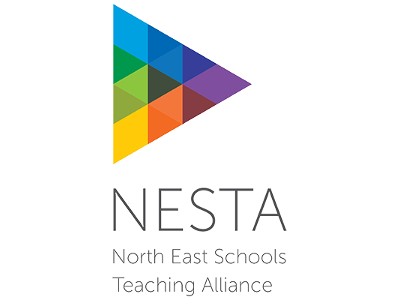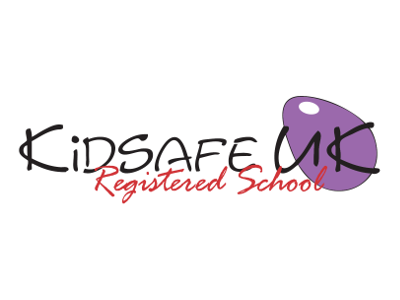History – Year 3
Download
Download our Year 3 History curriculum here.
Chronological Understanding
|
Knowledge and Interpretation
|
Historical Enquiry
|
- Can they describe events and periods using the words: BC, AD and decade?
- Can they describe events from the past using dates when things happened?
- Can they describe events and periods using the words: ancient and century?
- Can they use a timeline within a specific time in history to set out the order things may have happened?
- Can they use their mathematical knowledge to work out how long ago events would have happened?
|
- Do they appreciate that the early Brits would not have communicated as we do or have eaten as we do?
- Can they begin to picture what life would have been like for the early settlers?
- Can they recognise that Britain has been invaded by several different groups over time?
- Do they realise that invaders in the past would have fought fiercely, using hand to hand combat?
- Can they suggest why certain events happened as they did in history?
- Can they suggest why certain people acted as they did in history?
|
- Do they recognise the part that archaeologists have had in helping us understand more about what happened in the past?
- Can they use various sources of evidence to answer questions?
- Can they use various sources to piece together information about a period in history?
- Can they research a specific event from the past?
- Can they use their ‘information finding’ skills in writing to help them write about historical information?
- Can they, through research, identify similarities and differences between given periods in history?
|
Purpose of study
|
Pupils should continue to develop a chronologically secure knowledge and understanding of British, local and world history, establishing clear narratives within and across the periods they study. They should note connections, contrasts and trends over time and develop the appropriate use of historical terms. They should regularly address and sometimes devise historically valid questions about change, cause, similarity and difference, and significance. They should construct informed responses that involve thoughtful selection and organisation of relevant historical information. They should understand how our knowledge of the past is constructed from a range of sources and that different versions of past events may exist, giving some reasons for this.
In planning to ensure the progression described above through teaching the British, local and world history outlined below, teachers should combine overview and depth studies to help pupils understand both the long arc of development and the complexity of specific aspects of the content. |
Aims
|
- Changes in Britain from the Stone Age to the Iron Age
This could include: – late Neolithic hunter-gatherers and early farmers, e.g. Skara Brae – Bronze Age religion, technology and travel, e.g. Stonehenge – Iron Age hill forts: tribal kingdoms, farming, art and culture
- Roman Empire and its impact on Britain
This could include: – Julius Caesar’s attempted invasion in 55-54 BC – the Roman Empire by AD 42 and the power of its army – successful invasion by Claudius and conquest, including Hadrian’s Wall – British resistance, e.g. Boudica – “Romanisation” of Britain: sites such as Caerwent and the impact of technology, culture and beliefs, including early Christianity
|
Possible topic:
Veni, Vidi, Vici |
Possible topics:
The Romans |
Possible topics: |











